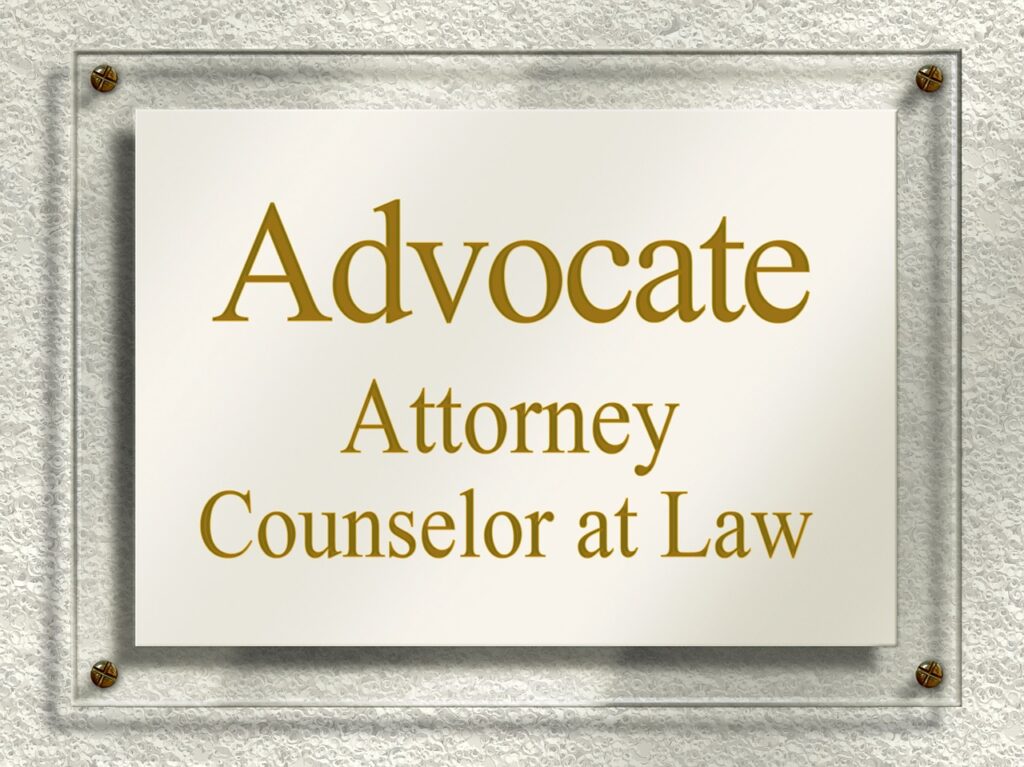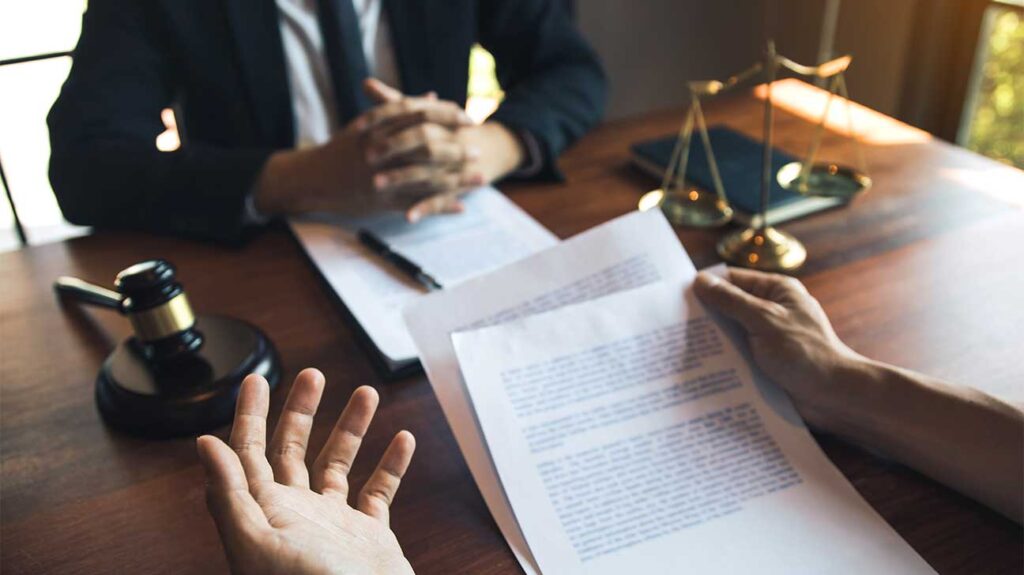
Accidents and injuries happen all the time. They can happen on the road in the form of car crashes and collisions, at work where people are routinely injured due to issues with their working environment or a lack of training, or even while out and about in stores and other locations due to hazards like slippery surfaces and a lack of warning signs.
There are countless risks and factors that can contribute to making accidents happen, and each situation is unique, with its own circumstances and consequences for the people involved. Some cases may be quite minor, with only small injuries and no long-term issues, but others can be life-altering in more ways than one.
This is why, when personal injuries occur, it’s important to not simply suffer in silence. Personal injury lawyers are ready and waiting to help you navigate the ups and downs of your case and get the compensation and justice you deserve for the pain and suffering you’ve endured. They have the experience and expertise needed to help you get a good result for your case.

But you can’t simply call a lawyer and then sit back and assume that everything will turn out fine. There are still many issues that can arise over the course of your case and many mistakes and pitfalls you will want to avoid in order to get the best possible conclusion. This guide will go over some common mistakes to steer clear of.
1. Using the Wrong Lawyer
It’s imperative to find the right legal firm to represent you in your personal injury case, like the ones from the Crockett Law Group, so make sure to take the time necessary and compare your options before deciding on a legal team to work for you. Working with an inexperienced or lower-quality firm could put your case in jeopardy, as you might not get the high levels of legal assistance you require.

As the accident injury lawyers of Benson & Bingham explain, “Personal injury lawsuits are costly, especially to take to court. Additionally, they can require a lot of time, preparation, expert testimony, and jury evaluation if the case goes to trial. It is best to get someone with a history of experience as well as the financial resources to support your case if it goes to trial.”
2. A Lack of Research
Even though your lawyer will be able to handle the hard work and behind-the-scenes tasks required to put your case together, it’s still important for you to know as much as possible about how personal injury lawsuits tend to play out. This will help you be better prepared for whatever happens over the course of your case, and the more you know, the less likely you’ll be to make mistakes.
You can find countless resources online that will help you learn all you need to know about personal injury cases, from the average amount of personal injury settlements to how long these cases tend to take and how likely they are to go to court. Learn as much as you can to put yourself in the best position for success in your case.

3. Failing to Follow Medical Advice
If you have been injured in any way, one of the first things to do is get to a hospital or speak with a doctor to get the professional diagnosis and treatment you need. Even in minor cases where the symptoms don’t appear to be too severe, it’s still vital to get yourself checked over by a medical professional, and you have to follow the advice and treatment recommendations they provide.
This is of grave importance for your case because insurance adjusters and opposing legal teams could use it against you if you fail to follow medical advice. They may be able to show that you made your own injuries worse by not following the doctor’s recommendations, for example, or they could argue that your injuries aren’t as severe as you claim them to be.
4. Saying Too Much About Your Case
After being in an accident or getting injured at work, many people naturally want to share the news with other people and tell the story to friends, family, colleagues, and so on. While this can be tempting, it’s actually much wiser to avoid talking about your case as much as possible, except with your lawyer.

There’s nothing necessarily wrong with discussing your case, but it’s possible that you might say something inaccurate which could be used against you later on, or you could say something that contrasts with another statement you made earlier on, and opposing legal teams will look for any little thing to catch you out and find a hole in your defense. It’s especially unwise to post about the case on social media, as this will create easy-to-find digital evidence which could be used against you.
5. Making Assumptions
Even if they haven’t experienced personal injury cases themselves, many people feel like they know a lot about these cases through TV shows or stories they’ve heard from friends and colleagues. However, in the real world, personal injury cases are very different from how they may appear on-screen, and each case is very unique.

You can’t make any assumptions about how your case will play out. For example don’t assume that it will end up in court, as statistics show that the majority of personal injury cases don’t go to court at all. Instead of making assumptions, speak with your lawyer, ask questions, and carry out your own research to learn as much as possible.
Final Word
Dealing with a personal injury case can be quite stressful and traumatic, and the legal process can add even more worries on top of the drama you may already be experiencing as a cause of your injury. It’s therefore wise to try and avoid any silly mistakes that could make the situation worse, so be sure to keep these tips in mind and take the right action when dealing with your case. Always speak with your lawyer, ask questions if you’re unsure of anything, and when in doubt, avoid speaking about your case with anyone outside of your attorney.











